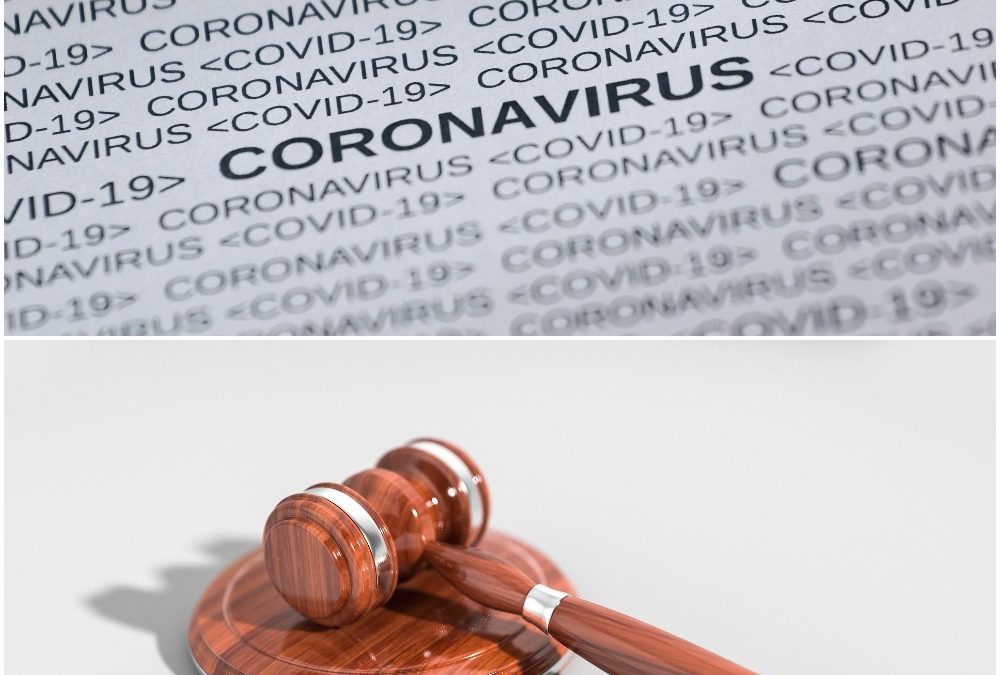Important to ensure maximum efficiency of judiciary after the earthquake and during the pandemic
As a result of coronavirus pandemic and the devastating earthquake that struck Zagreb in March, work of many institutions, including within the judiciary, has been significantly hindered. Since an effective judiciary is an important rule of law and human rights protection mechanism, it is necessary to ensure its maximum efficiency even in these circumstances.
For instance, as only urgent matters are being performed, it is likely that there will be an increase in the number of cases in which the statute of limitations for criminal prosecution and penalties’ execution will occur. It is also necessary to develop a solution for the problem of those who will not be able to use suspensive legal remedies in a timely manner, such as an appeal against judgements, decisions, etc. This also refers to the expiring preclusive deadlines for private lawsuits or other legal actions, which may occur due to restrictions on the freedom of movement.
On the other hand, it is positive that during the pandemic all enforcement proceedings, including those over monetary assets, salaries, pensions and other steady incomes, as well as evictions, are being postponed, which will certainly help citizens of lower social-economic status, including many who lost their jobs in the recent weeks.
Finally, as one of the preconditions for exercising the right to equal access to justice, a fair trial and an efficient legal remedy for many citizens, it is important to ensure that free legal aid, especially receiving and resolving applications for secondary free legal aid and appeals, remains available in a timely manner.
 Ombudswoman Submits Report 2023 Annual Report to the Croatian Parliament
Ombudswoman Submits Report 2023 Annual Report to the Croatian Parliament The Importance and Impact of Political Discourse in the Pre-Election Period
The Importance and Impact of Political Discourse in the Pre-Election Period International Conference Marks End of the Project on the EU Charter on Fundamental Rights and the Rule of Law
International Conference Marks End of the Project on the EU Charter on Fundamental Rights and the Rule of Law Parliamentary Committee on Human and National Minority Rights Votes in Favor of the Ombudswoman’s 2022 Annual Report
Parliamentary Committee on Human and National Minority Rights Votes in Favor of the Ombudswoman’s 2022 Annual Report World Homeless Day – Invisible, but also Forgotten?
World Homeless Day – Invisible, but also Forgotten? Ombudswoman to Issue Special Report on the Human Rights of Older Persons
Ombudswoman to Issue Special Report on the Human Rights of Older Persons


